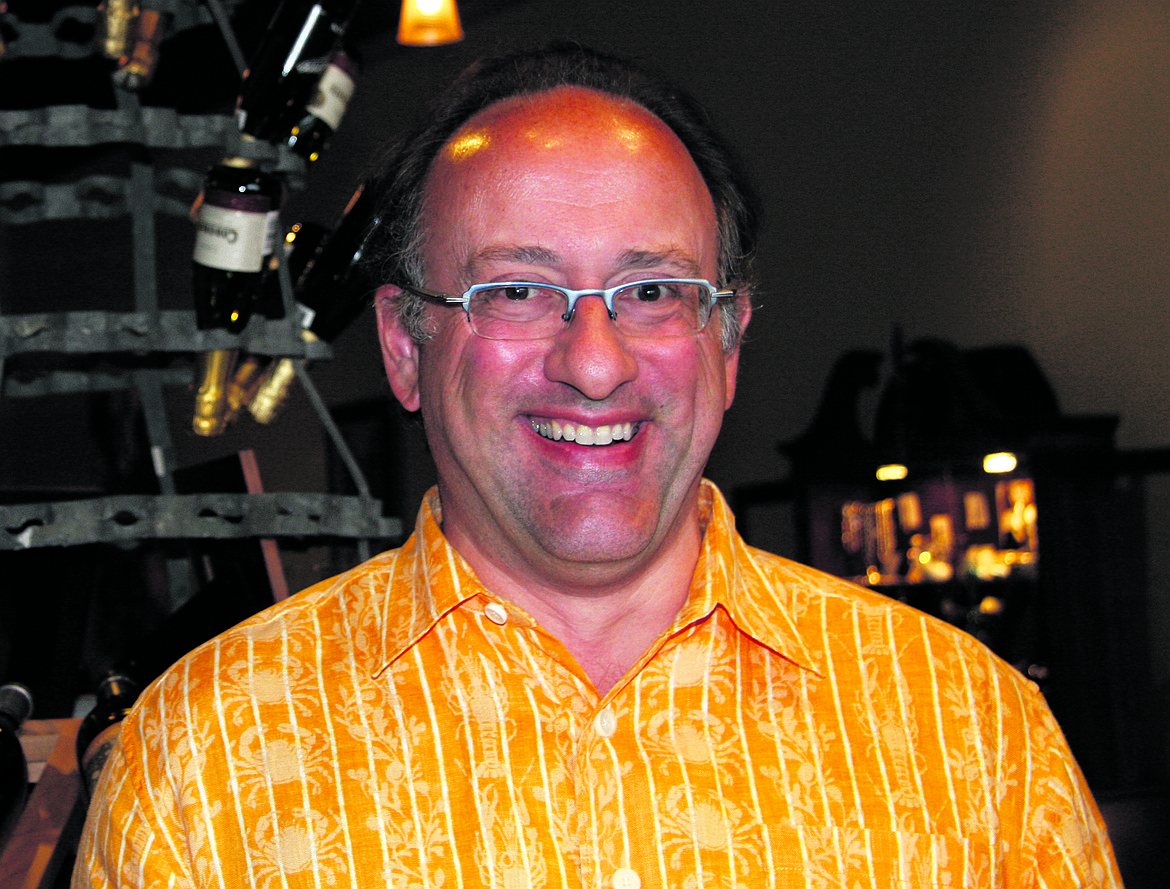ADVERTISING: Advertorial — Yes, you can, but should you?
There has been much written lately about wine being made in areas that didn’t previously produce wine. Here at the shop our distributors have even tasted us on some of these creations, some have been OK, most haven’t. We are skeptical of the notion that wine can be made pretty much anywhere. What makes the more “traditional” wine regions what they are is a set of climatic conditions, soil make-up, and all of the other factors that go in to the broad definition of terroir. It is what makes wine regions like Walla Walla and other parts of Washington, the Willamette Valley, Napa, Sonoma, Santa Barbara, Tuscany, the Rhone Valley and so many others perfect or nearly so for cultivating wine grapes.
There are now bonded wineries in all 50 states here in the U.S., it doesn’t mean there should be. There is a group of wineries now attempting to make sparkling wine in the UK, it doesn’t mean they should be. And the list could go on endlessly from there of all the non-wine places attempting to become wine places, there is just one problem they are likely not capable of pulling it off. If it was so easy to execute, chances are we would have discovered that before now.
Perhaps the best results are coming from wineries in parts of the hot and humid central U.S. In these places they recognized early on that the traditional grape varietals we all know and feel passionate about, can’t survive the relentless summer temperatures and humidity levels. They are using hybrid grape varietals that are designed to withstand the non-grape-friendly conditions. Some of the results with these specific grapes from this region show promise.
There are still other regions of The States that have growing conditions that can sustain specific varietals we all recognize. Areas of Virginia around Charlottsville are producing some great Bordeaux based wines, with vineyards dating their lineage to the time of Thomas Jefferson. In upstate New York there are wonderful wines being crafted from Riesling, reds from Pinot Noir and other lighter-bodied, early-ripening varietals thrive.
While we feel compelled to support the adventurous and tenacious spirit of all who enter the winemaking world, after all it is how the California wine industry got it’s start. All of these efforts should be viewed from a business perspective of one simple fact. There is too much wine being made. The United States is now the largest wine market in the world, and the demand here continues to grow, but…. There is still too much wine being made. While many of the producers in these lesser-known areas are small there is still an element of the market getting “clogged” with unconsumed and unsold wine.
We have strongly advocated for diversity in the wines we have available to choose from, and will continue to do so. We feel just as strongly that every wine consumer should drink what they enjoy, if you find a Syrah for instance made in the Hill Country of Texas that you absolutely love. Buy it and drink it regularly. I suspect though, that on that journey to where you find that one wine, you will likely encounter many more that don’t inspire the same passion.
It is also likely that in trying many wines from these less traditional areas you will find some wines that may be good or even great, however when you start to do the comparative math you will find that the price just doesn’t support their selection when you compare them to similar wines with a Napa, or Walla Walla heritage behind them.
At the end of the movie Bottle Shock, the main Character Steven Spurrier portrayed by the late Alan Rickman says to actor Dennis Farina, “You just wait, in our lifetime we will be driking wines from South America, and Africa, and” he goes on from there. We are today doing just that. Like all things in the wine world, the wines are of varying quality but even with that spread of quality there remain some places that are not built climatically speaking to grow wine grapes. While we will continue to taste and evaluate all that is brought to us regardless of origin, we will approach wines from the more challenged areas with skepticism, and we will let you know when we find ones, we feel are compelling.
• • •
George Balling is co-owner with his wife, Mary Lancaster, of The Dinner Party, a wine and gift shop in Coeur d’Alene by Costco. The Dinner Party has won the award for best wine shop in North Idaho twice, including for 2018.
George is also published in several other publications around the country. After working in wineries in California and judging many wine competitions, he moved to Coeur d’Alene with Mary more than 10 years ago to open the shop.
You can also follow us on Facebook at facebook.com/#!/dinnerpartyshop or visit www.thedinnerpartyshop.com.

